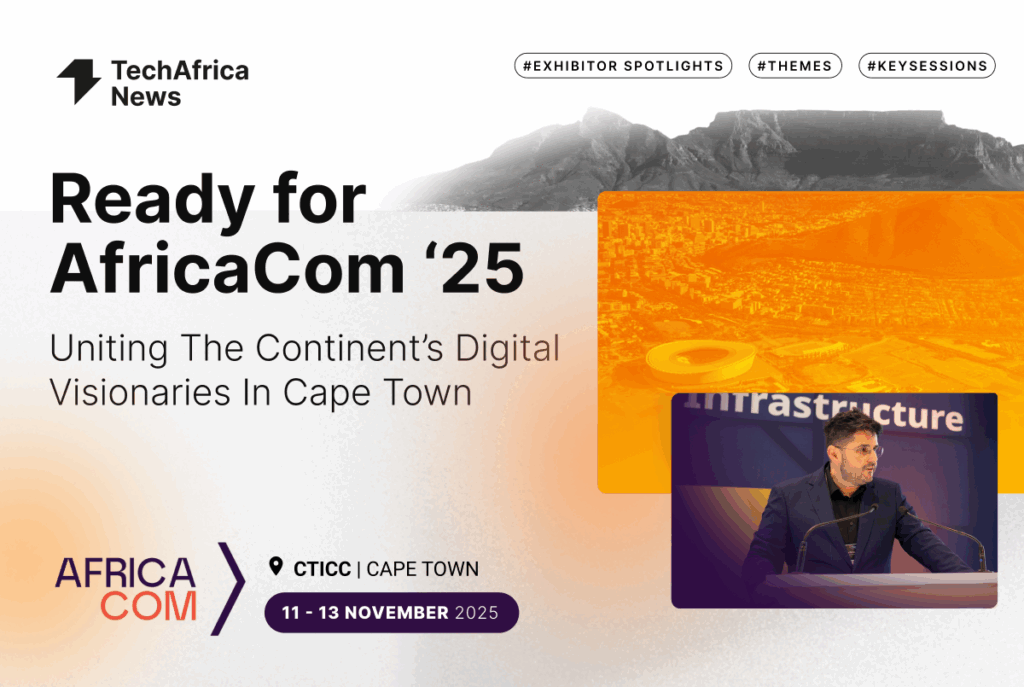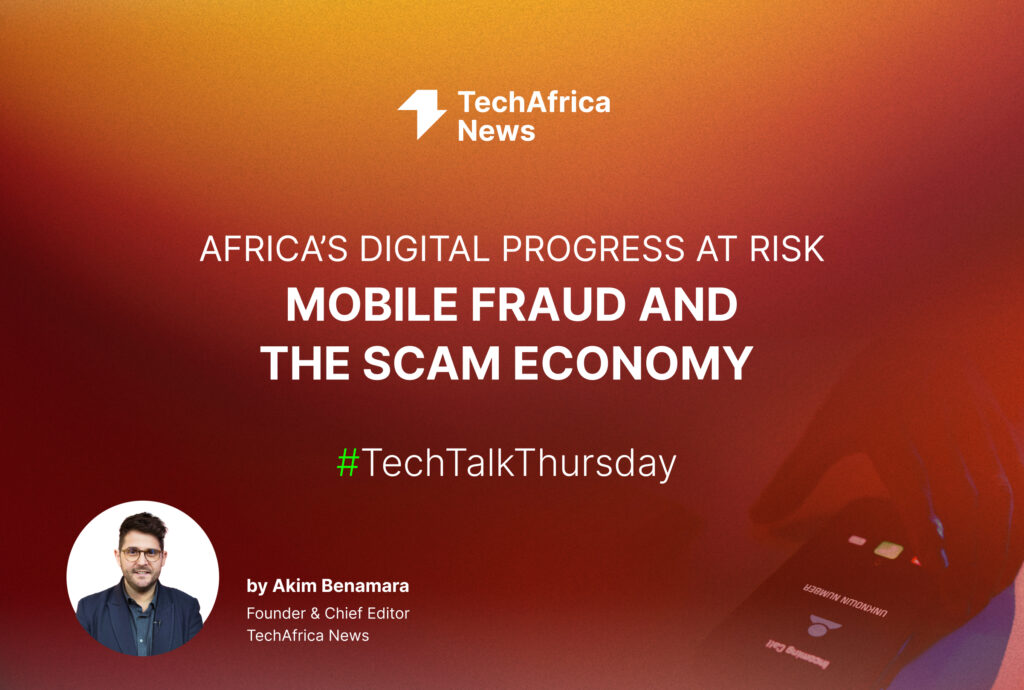Vitel Wireless Expands Nigeria’s Telecom Landscape with Innovative Virtual Network Model
Through strategic partnerships with multiple leading Nigerian operators, Vitel Wireless will provide nationwide voice, SMS, and data services under its own brand.

Vitel Wireless has officially launched its mobile services, signaling a new phase in the liberalization of Nigeria’s telecommunications industry. The launch positions Vitel as one of the few entrants operating under the Mobile Virtual Network Operator (MVNO) model — an approach that could reshape the dynamics of Africa’s largest mobile market.
The company’s entry follows its recent acquisition of the 0712-numbering series from the Nigerian Communications Commission (NCC), formally recognizing it as a licensed mobile operator. Although Vitel does not own its own network infrastructure, it will deliver services by leasing network capacity from established telecom carriers across the country.
Through strategic partnerships with multiple leading Nigerian operators, Vitel Wireless will provide nationwide voice, SMS, and data services under its own brand. Its model emphasizes affordability, flexibility, and innovation, allowing the company to focus on enhancing customer experience rather than building costly network infrastructure.
Vitel’s launch introduces a new competitive force into a telecom landscape currently dominated by four major players and serving more than 220 million active mobile subscribers. Industry analysts view this as a major milestone in market diversification, with potential to drive lower consumer prices, better service quality, and more personalized offerings.
The adoption of the MVNO framework represents a transformative shift in Nigeria’s telecom ecosystem — one that aligns with the NCC’s long-term vision to expand access, stimulate innovation, and encourage private-sector participation. If Vitel Wireless succeeds in scaling its operations, it could pave the way for more virtual operators across Nigeria and other African markets, helping to expand digital inclusion and consumer choice.






